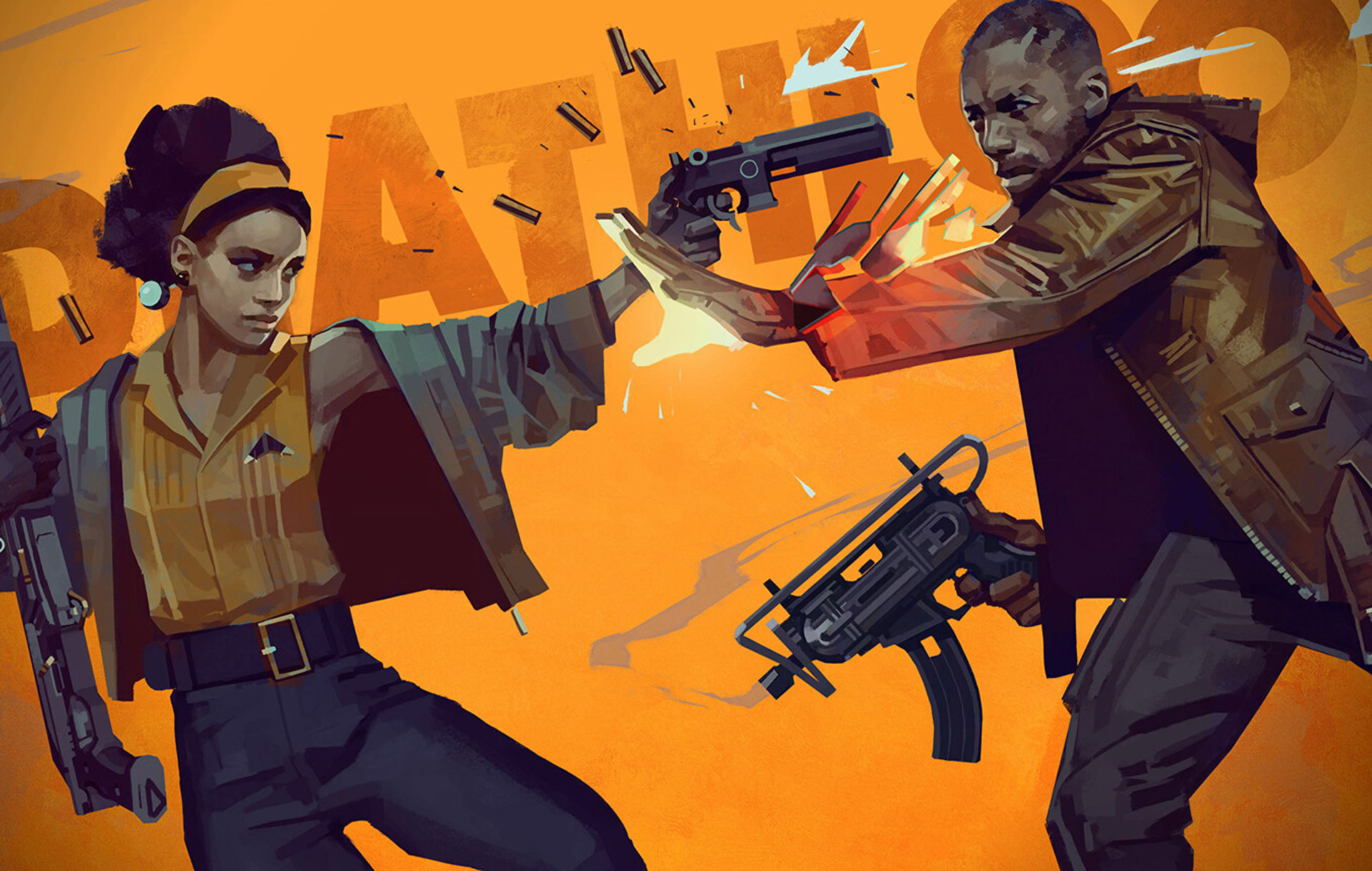Other time loop games, or forms of media, that I’ve seen tend to focus on this concept that there can be one perfect day, or a perfect lesson that our flawed protagonist must learn (looking at you Groundhog Day). In some respects, it speaks to the very essence of the escapism that media forms present to us. Haven’t we all wished we could go back and do something, or change something about a day? Timeloops look to both illustrate the benefits of having all the time in the world to yourself – and also the curse that it can be.
MAJOR spoilers for Deathloop ahead (Sorry Ash)
Deathloop chooses to explore the timeloop genre from considering what if there was someone else who remember what you’re going through – what if your actions actually affected somebody else? While this concept stuck to being a purely narrative decision, with the only references to it being in dialogue or in cut scenes, at the very end of the game, the player is given the choice of breaking the game loop or spending the rest of time trying to kill or be killed by their daughter (they don’t have the best relationship). But the game throughout has been setting you up for this. As you discover who you are as a character, and what your backstory is, you find out that you actually escaped the timeloop before, and you decided to come back for your wife. While she ended up dead, you at least have your daughter in this loop – and outside of the loop you have no one. Perhaps timeloop games are best at highlighting the relationships that we make with others. From Deathloop, to Groundhog’s Day, to 12 Minutes, while these media are explicitly about breaking a loop, at the end of the day they show how relationships can make our whole world, and how they can transcend the physical rules of space and time.


So I guess in response to what was discussed in today’s class and based on how you’ve described the fundamental aspects of a “time-loop game”, do you really think time-loop is its own form of genre (like what Patrick argued for), or do you think time-loop is more so a narrative/storytelling mechanic that can be found in similar games that tell stories involving time-loops (like what Ashlyn argued for)?
I really loved the dynamism that Juliana’s and Colt’s relationship brought to the game. Usually character relationships in timeloop games are very static because of the inability to permanently change them, but in Deathloop, having another character that is looping as well really mixes it up. DEATHLOOP SPOILER
I really enjoyed the part where early on Colt thinks that Juliana is a vicious ex-girlfriend, only to find out that she is in fact her daughter. I think there’s a lot of really interesting interactions with the tropes of the characters present and can really only be done in a timeloop game.
I love you bringing up the perfect day, especially within the context of relationships. Nine times out of ten when you think about something you would have changed or said differently, it’s usually in the context of another person. Your point about Deathloop also reminds me of the movie Palm Springs, where three people are stuck in a death loop and most of the movie is about their relationships and interpersonal connections. Your description of the game sounds super interesting, especially with the connotations of having someone in the “fake” repeating world and having no one in the real one.